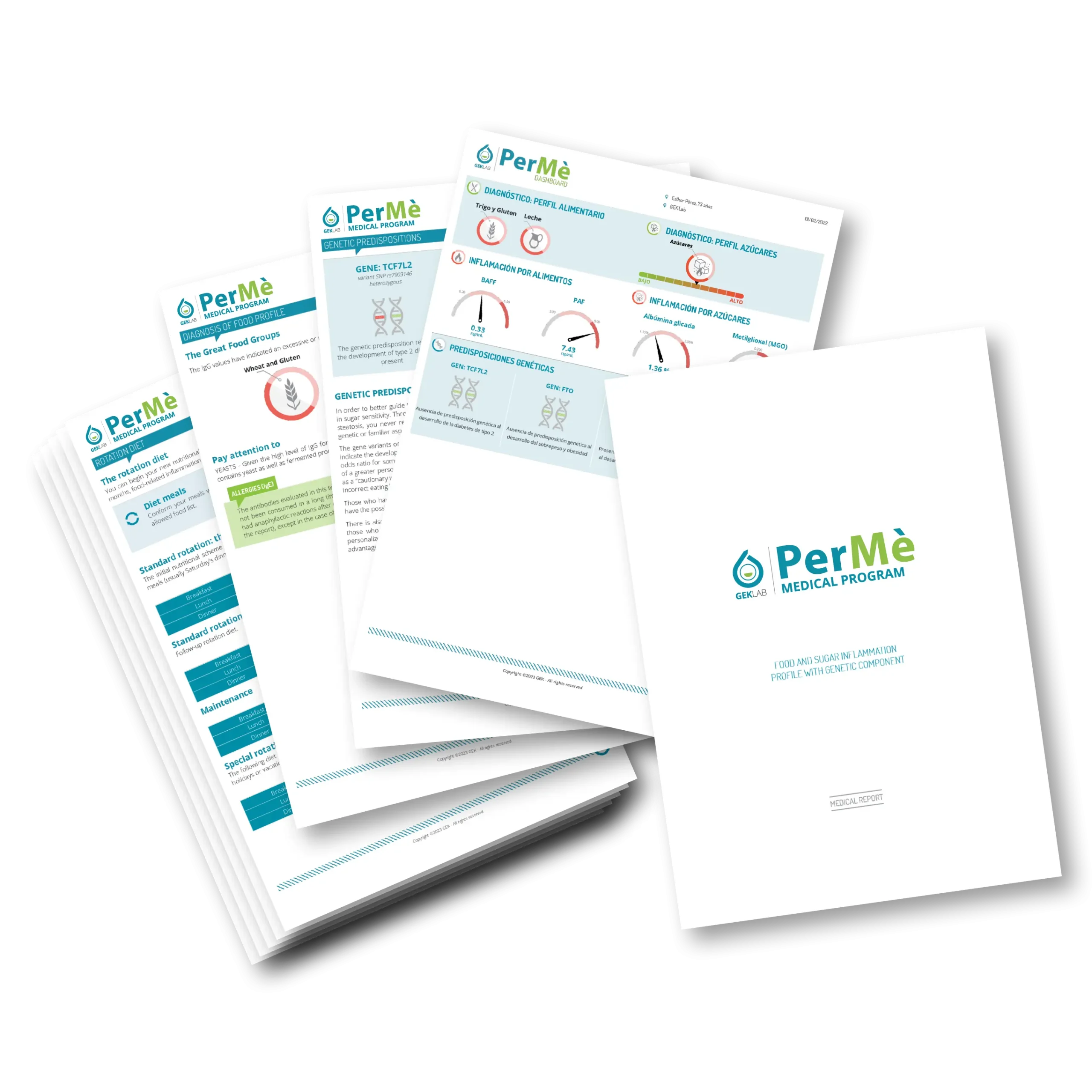
Obesity is among the metabolic diseases that most affect industrialized countries, including Italy.
Consider that 20.4% of children in Italy are overweight and 9.4% are obese (data from the Istituto Superiore di Sanità, Stili di vita e obesità nei bambini, indagine OKkio alla salute 2019), placing Italy among the top countries in Europe.
Human DNA contains all the information that characterizes an individual, with these details specifically housed within genes.
Assessing whether one has a genetic predisposition to certain diseases, including obesity, allows for the implementation of dietary and supplemental strategies, even as a preventive measure.
The presence of a specific genetic variant (SNP) in the FTO gene, in fact, is correlated with the development of obesity.
The presence of a specific genetic variant (SNP) in the FTO gene is correlated with the development of obesity.
This indicates that individuals with this variant have a 1.4 times higher risk of becoming obese compared to those without this predisposition. It does not indicate a certain development of the disease but helps to understand if there is a structural, genetic aspect that facilitates weight gain.
A study published in the BMJ in 2018 highlighted that individuals with a genetic predisposition to obesity are also the ones who benefit the most from personalized dietary interventions.
Therefore, genetic predisposition can represent both a disadvantage and an advantage, depending on how one manages personal habits, including diet.
The PerMè Medical Program, Glyco Medical Program, and Screening allow for the analysis of potential genetic predisposition to the development of obesity.





